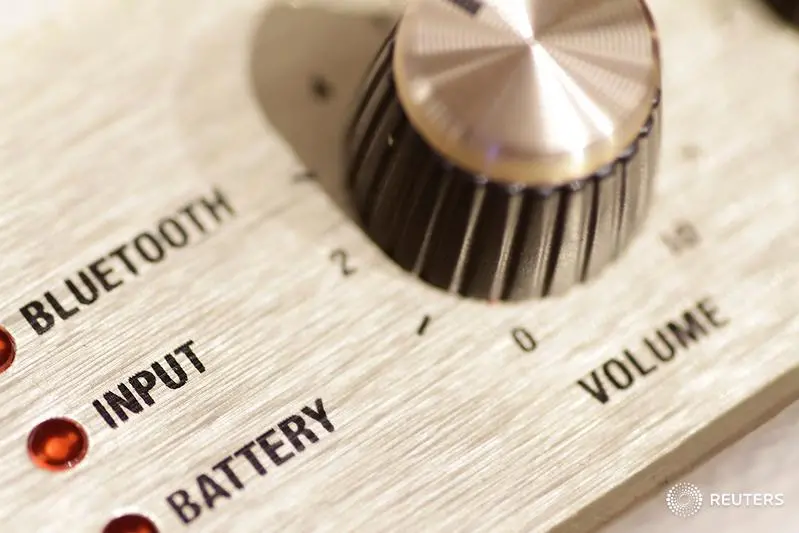PHOTO
Playing music in classrooms could relieve stress and anxiety among students, according to a leading expert.
Global studies have also revealed students engaged in music can increase their IQ scores by up to 8.5 points, said accredited music therapist and neurologic music therapist Aksana Kavaliova-Moussi.
Other benefits include increased memory span, improved sleep quality and reduced symptoms of depression, among other things.
The idea was discussed during yesterday’s edition of the Unconventional Education Symposium, a week-long series of sessions highlighting advanced learning techniques, at Bahrain Polytechnic’s Isa Town campus.
“Music helps bring back memories and helps us to create memories,” said Ms Kavaliova-Moussi, from Belarus.
“Studies show that studying material with music in the background helps later on recalling the material, as opposed to without music.
“I would say add music to your classrooms.
“Even though Bahrain’s cultural environment might be challenging, we have to go with it and introduce background instrumental music to hallways and outside of the classroom. Listening to music before stressful events like tests, exams or interviews reduces stress and anxiety.
“Or for example, if students are tired you can do some exercises with them using music just for one or two minutes.”
She said medical technology supported theories that music improved various cognitive functions, noting its impact on post-surgical recovery.
“Now that we have FMRIs, MRIs, EEGs and other machines for scanning brains, we can see that by engaging in music you’re engaging the entire brain,” she explained.
“Music works with non-musical functions, such as speech, language, cognition, motor skills and sensory skills and it optimises them.
“It means areas that for some reason might be deficient due to certain diseases or disabilities can still be engaged by using music.
“Music is proven to have a pain reduction function, it facilitates post-surgical and stroke recovery, reduces stress and anxiety, improves mood, increases memory and attention.
“It helps to sleep and improve sleep quality and it also can help lower symptoms of depression and keeps us motivated and fight fatigue.”
She highlighted the importance of selecting ambient music, as opposed to loud music – which she said would create “additional stresses”.
In addition, she said ambient music released positive hormones such as dopamine and serotonin. However, using music as a therapeutic tool is not limited to educational environments and can be effective for rehabilitating those with autism, ADHD, dementia or Alzheimer’s, she added.
“Research shows that, for example, autistic children’s brains don’t react to spoken instructions or spoken words, but when we take the same words and we sing and just add a melody to it their speech region in the brain starts firing,” said Ms Kavaliova-Moussi.
“So they react more to musicality than to plain words.”
The symposium was held under the patronage of His Majesty’s Representative for Charity Work and Youth Affairs, Supreme Council for Youth and Sports chairman and Bahrain Olympic Committee president Shaikh Nasser bin Hamad Al Khalifa.
© Copyright 2018 www.gdnonline.com
Copyright 2018 Al Hilal Publishing and Marketing Group Provided by SyndiGate Media Inc. (Syndigate.info).





















